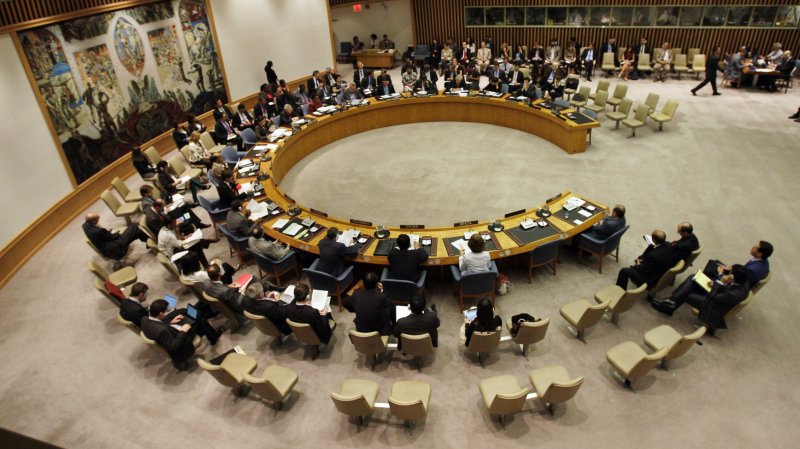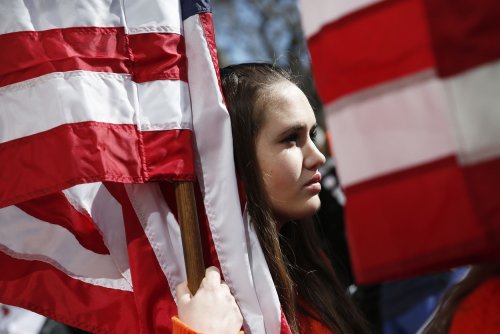A meeting of the U.N. Security Council. UPI/John Angelillo |
License Photo
NEW YORK, July 11 (UPI) -- The United Nations is facing criticism it is spending millions on inappropriate links with private military and security companies, some of whom are accused of human rights violations.
Global Policy Forum, a non-profit organization that monitors U.N. conduct, in a report criticized the world body's growing use of private military and security companies, a practice it called "dangerous."
The report said the United Nations' increased use of private security companies was unaccountable and out of control and would likely increase rather than reduce risks for the safety of U.N. buildings and personnel.
"The U.N.'s leadership says these services are needed to protect the organization's staff and worldwide operations from growing threats and unprecedented dangers. But many reports from governments, NGOs and the media have shown how PMSCs have committed serious human rights abuses, killed or injured innocent civilians, engaged in financial malfeasance and committed many other breaches of the law," Global Policy Forum said.
"Given the track record of these companies, serious questions arise as to whether PMSCs are appropriate U.N. partners for the complex task of creating a secure, just and lawful world."
The report said "opacity around the U.N.'s use of PMSCs has so far prevented a healthy debate."
The report cited incomplete U.N. data that showed a steady rise in the number of security contracts from 2006-2007, with their value spiraling from $44 million in 2009 to $76 million in 2010.
The majority of security contracts the United Nations awarded in 2010 were for activities by the U.N. Development Program and cost $30 million.
The United Nations spent another $18.5 million hiring private military and security firms for its peacekeeping operations and $12.2 million on similar contracts related to refugee activities.
However, the overall value of the contacts could be much higher because the U.N. data remained incomplete.
U.N. officials defended the use of military and security firms, saying they intended to continue using the firms.
The report challenged common explanations for the security firms' character and functions.
"While often presented as a post-Cold War phenomenon, the private military and security industry has in fact taken form from historical antecedents, including 'detective' companies and private mercenary groups," it said.
"In recent years, an unprecedented wave of mergers and acquisitions has changed the shape of the sector, leading to considerable concentration and giving the major firms extraordinary geographical reach, great political influence and broad service offerings."
Many of the most important companies have headquarters in the United States, Britain or European countries, "and some have very cozy relations with those governments."
The report cited concerns expressed by a wide range of observers and policymakers at the security firms' lack of accountability.
It cited "extensive evidence" that private security personnel brought "insensitive, arrogant and violence-prone behavior to their assignments."
"NGOs and think tanks have drawn attention to the legal void surrounding PMSCs' activities and the fact that blatant human rights abuses, including torture and murder, regularly go unpunished," the report said.
Analysts said the report was a response to a growing culture of private security companies mushrooming across the world, often staffed by native staff that appeared even less accountable because of close ties with local governments, intelligence agencies, militias and organized crime.















